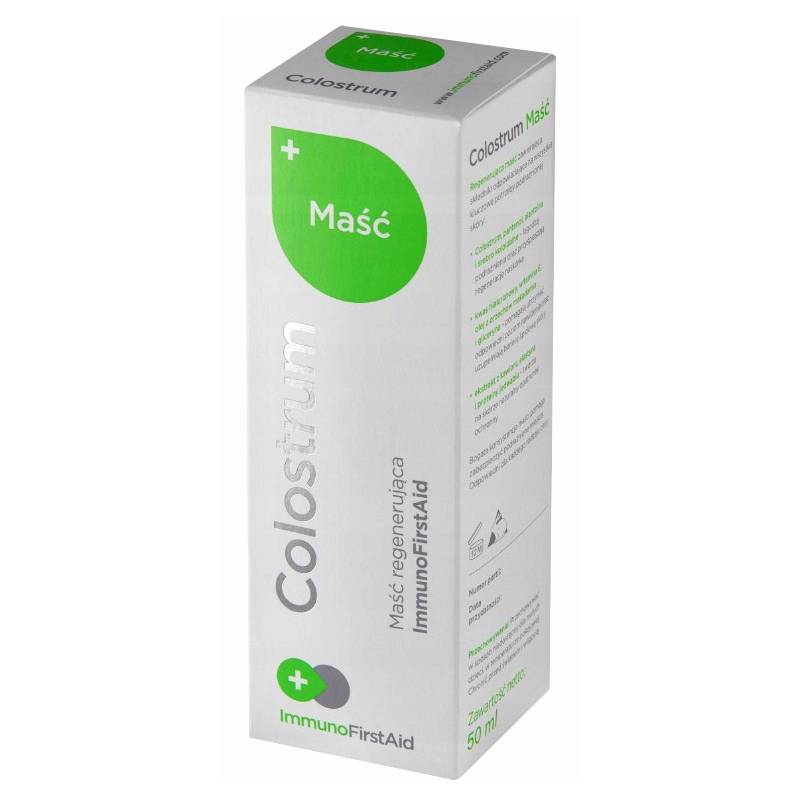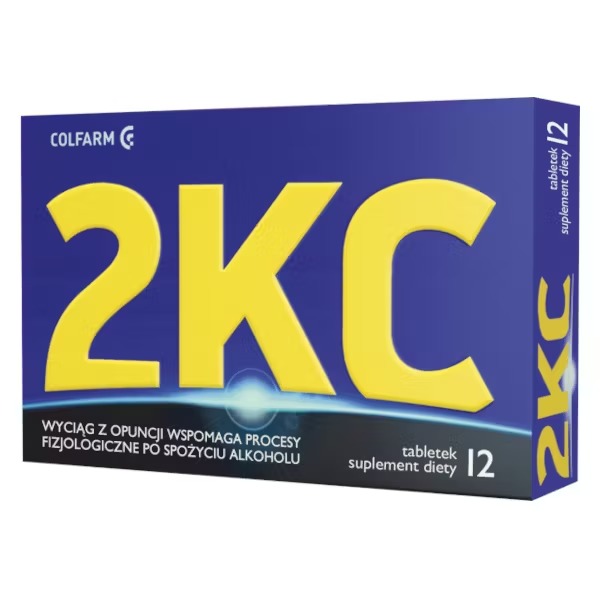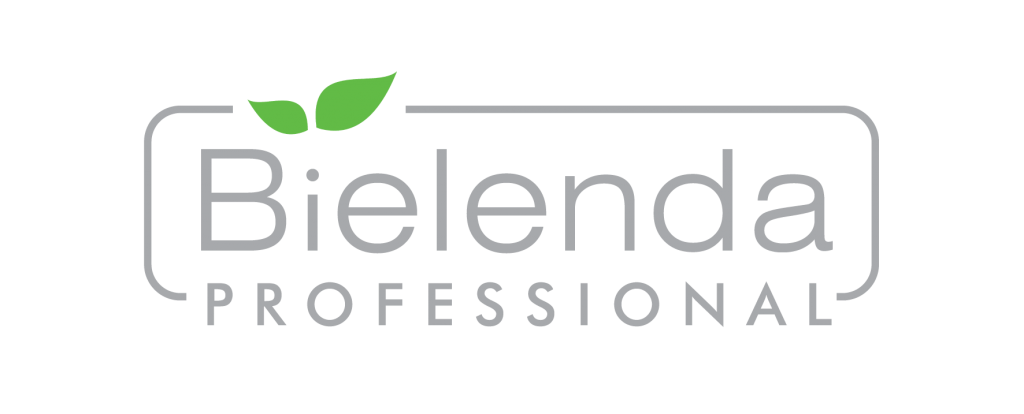Contents : 100 gelatin capsules
- Directions for use: Take 1 capsule once a day with a meal, drink some water.
- Storage conditions: Store in a dry, dark place out of reach of children.
- NOTES: Do not exceed the recommended daily dose. Not for use by pregnant or lactating women or children under 7 years of age.
- The product cannot be used as a substitute for a properly varied diet.
Ashwagandha – what is it?
Ashwagandha is classified as an adaptogenic plant. This means that it reduces stress-induced disorders in the body, has a positive effect on the nervous and immune systems, and reduces fatigue. Indian ginseng is also a popular plant that increases libido and improves fertility in men. What compounds found in the extract of the root of the withania somnifera affect its wide use in dietary supplements? Is its use always safe and is it associated with side effects? How to choose the right Ashwagandha product? The answer to these and other questions can be found in the text below.
Ashwagandha properties
Ashwagandha comes mainly from India, where it is almost as popular as ginseng in Chinese medicine. The raw material is considered to be the above-ground parts, of which mainly the fruit and root are used. Ashwagandha owes its special properties to two groups of compounds:
- withanolides – found in the herb with anti-cancer and antibacterial properties,
- glycowithanolides – present in the root and responsible for the adaptogenic effect.
It is no wonder that Ashwagandha is considered a miracle cure for many ailments. First of all, it is known as a calming adaptogen. That is why it can support the therapy of anxiety, depression, fatigue and insomnia. Additionally, it inhibits perimenopausal symptoms, improves sperm vitality and motility, helps with back and neck pain syndromes, as well as arthritis. The powdered plant is also a rich source of iron and stimulates immune system cells very well. It is also a strong antioxidant.
In India, studies have been conducted to inhibit the growth of cancers (including breast, lung, pancreas, and colon) using withanolides contained in the green parts of the Ashwagandha. It also undoubtedly supports the body during chemotherapy.
Ashwagandha is increasingly being used to support pharmacotherapy for diabetic neuropathy and even Alzheimer’s disease.
Ashwagandha contraindications
The powdered plant is safe when used in appropriate amounts, but some people should be cautious when starting an Ashwagandha supplement . What to look for
- The compounds contained in the plant affect endocrine functions, so people treated for thyroid diseases should consult a doctor about phytotherapy.
- If you are taking centrally acting medications (hypnotics, antidepressants, antiepileptics), consult your doctor before using Indian ginseng.
- Due to the hypotensive and hypoglycemic effects of Ashwagandha, the effects of medications for hypertension and diabetes may be intensified. Therefore, it is recommended to monitor blood pressure and sugar more frequently when taking supplements.
- People with stomach ulcers also require medical consultation before use, as hibiscus may irritate the mucous membrane.
- Sometimes, after using Ashwagandha preparations, skin discoloration, itching and burning are observed. These are basically the only reported side effects . Ashwagandha should not be used by pregnant women, nursing mothers and children.






































Reviews
Clear filtersThere are no reviews yet.